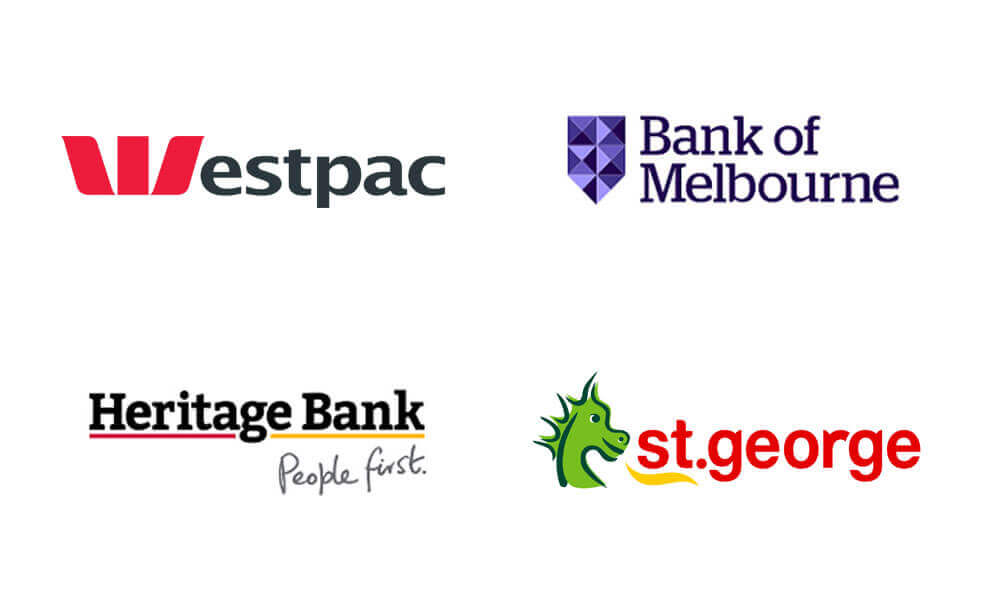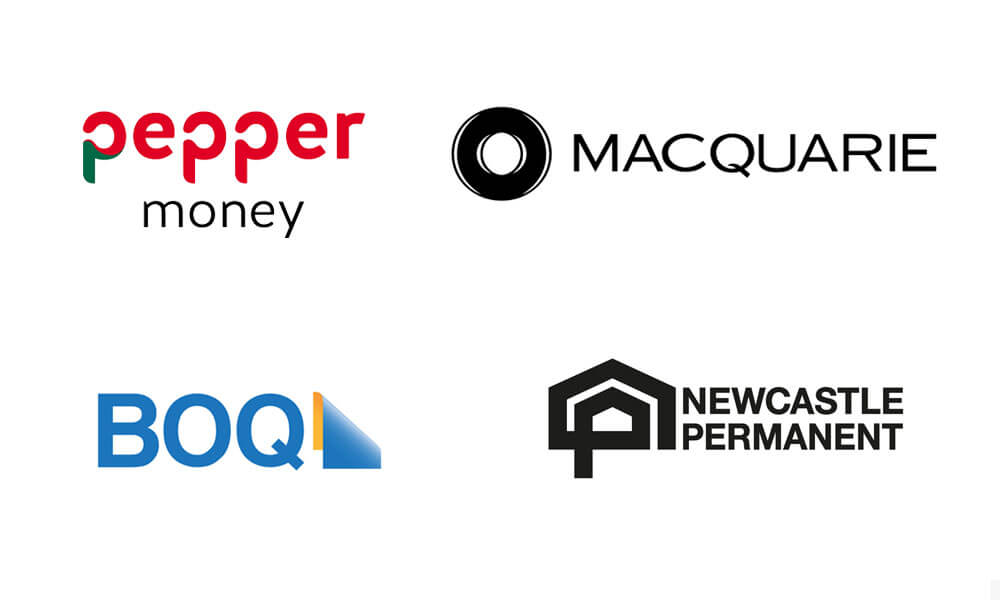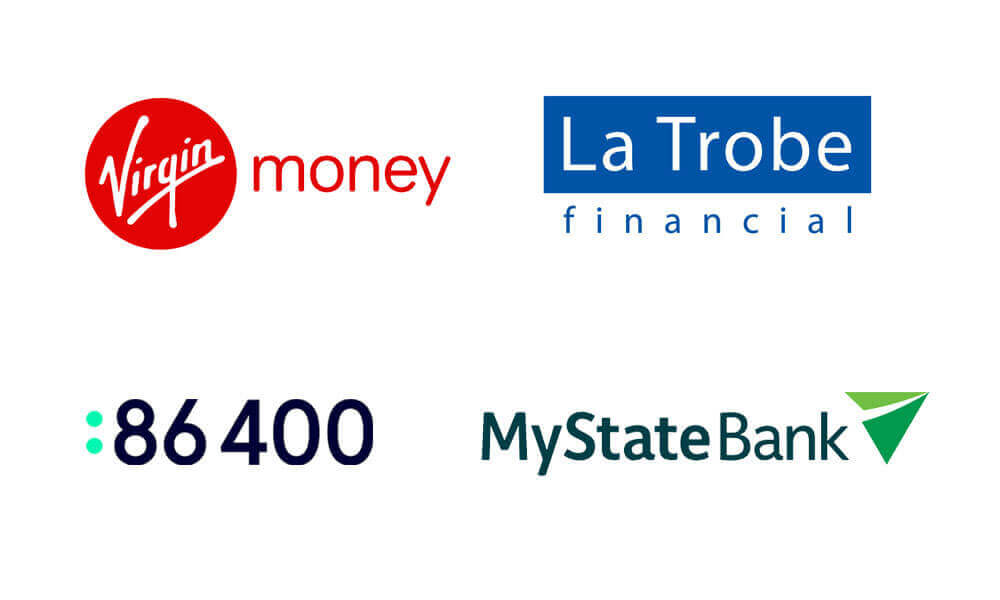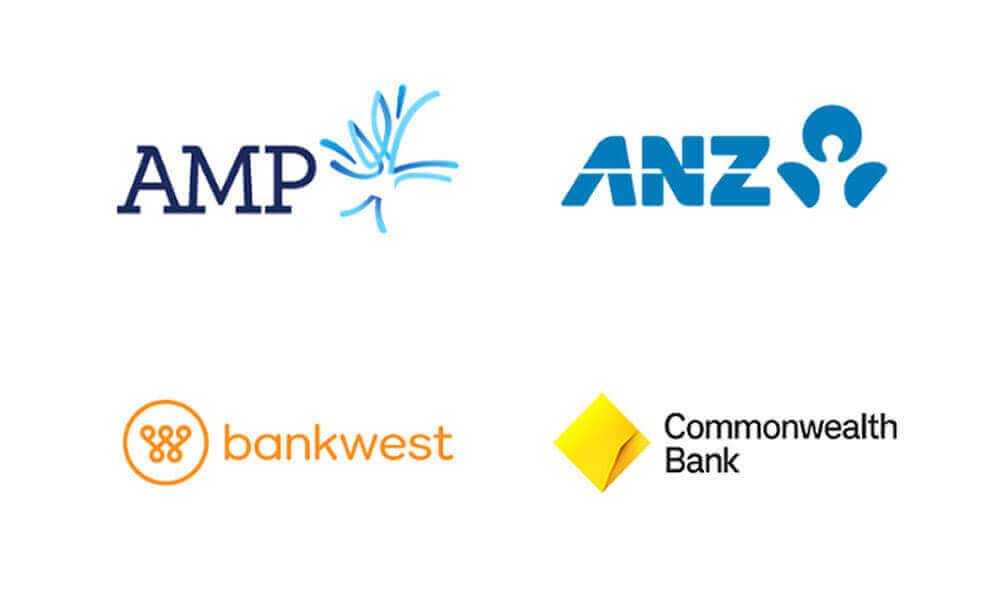
How to invest in a holiday home
Dreaming of buying your own beachside pad or forest retreat that you can enjoy part…

Picture this: waking up in a snug mountain cabin or sipping your morning coffee in a beachfront hideaway — all in a holiday home that’s truly yours. Bliss, right?
Whether you’re craving a sea change, a tree change, or simply a peaceful spot to unplug, buying a holiday home can be a great way to grow your property portfolio while creating your own personal escape.
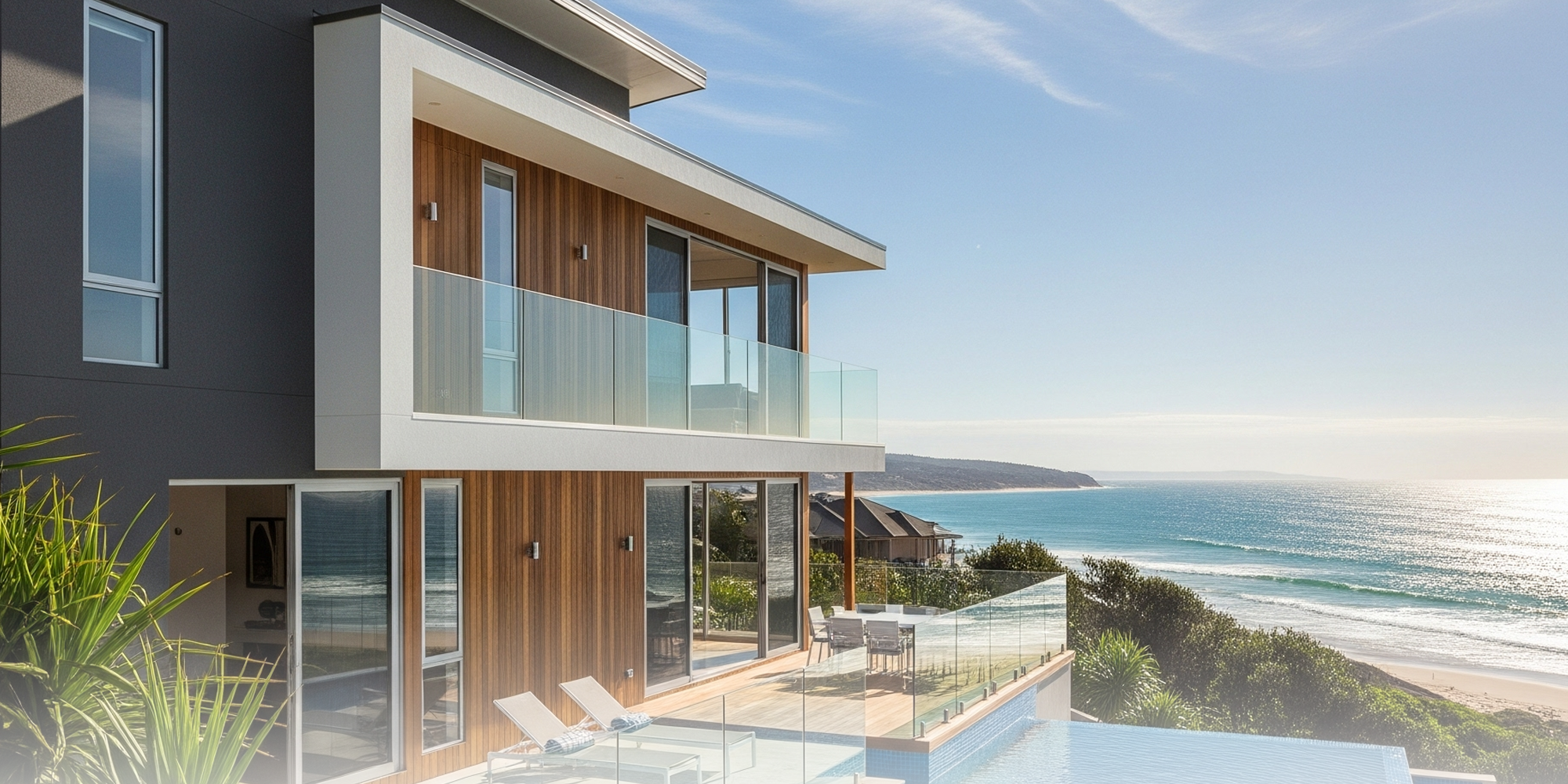

Before you make the leap, here are some key considerations to keep in mind.
Start by deciding how frequently you expect to use the property. Your balance between personal stays and short-term rentals will influence both your financial position and expected returns.
Remember: peak travel seasons — like summer for coastal areas — generally deliver the strongest rental income. But renting out during these high-demand periods may mean giving up your own holiday time.
It’s also worth researching whether holiday homes in your chosen area rent mainly in peak season or throughout the year, as this will affect your cash flow and planning.
Just like any property purchase, thorough research is essential.
Ask yourself: What’s the supply and demand like for holiday rentals in the area? How strong is the local tourism scene? Will you depend heavily on seasonal visitors and if so, how will you handle quieter periods?
Look into long-term growth indicators as well. Choose areas with access to lifestyle amenities like cafés, shops and public transport. Also check for any upcoming infrastructure improvements that might boost capital growth.
Short-term rental rules differ from one region to another, so it’s important to familiarise yourself with the local requirements.
Some locations may limit short-term holiday letting, require registration, or enforce rules around how long an owner can stay in their own property. Local councils may also impose regulations relating to fire safety, noise, parking or overcrowding.
Additional charges can apply too. For instance, Victoria imposes a 7.5% levy on stays shorter than 28 days.
The key takeaway? Know the rules before you buy.
Owning a holiday home comes with ongoing expenses such as:
Also consider the tax implications and speak with your accountant or financial adviser so you’re clear on what to expect.
Some points to think about:
Stamp duty and land tax: These will vary depending on the state or territory.
If you’re ready to turn your holiday home dream into reality, we’re here to help guide your next steps.
Reach out today and let’s talk about making your ideal getaway a part of your future.

Dreaming of buying your own beachside pad or forest retreat that you can enjoy part…

Making the most out of your kitchen involves taking advantage of every inch of space…
We can help get you into your new home.
We’ve worked with clients across Australia to access the different first home owner grants (FHOG) as well as the various stamp duty and other concessions that may be available depending on which state you are in. We can talk you through your various options as well as helping you compare things like buying vacant land vs. an established home.
Use our online calculators to work out how much you can borrow, loan repayments, stamp duty and lots more.


